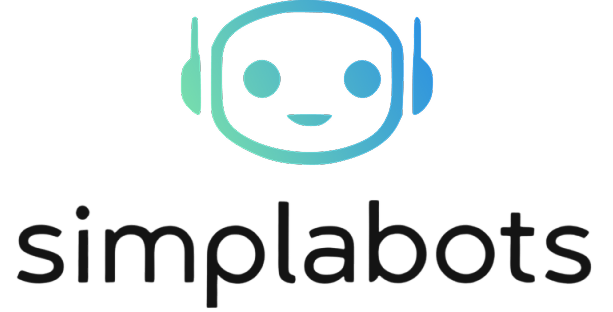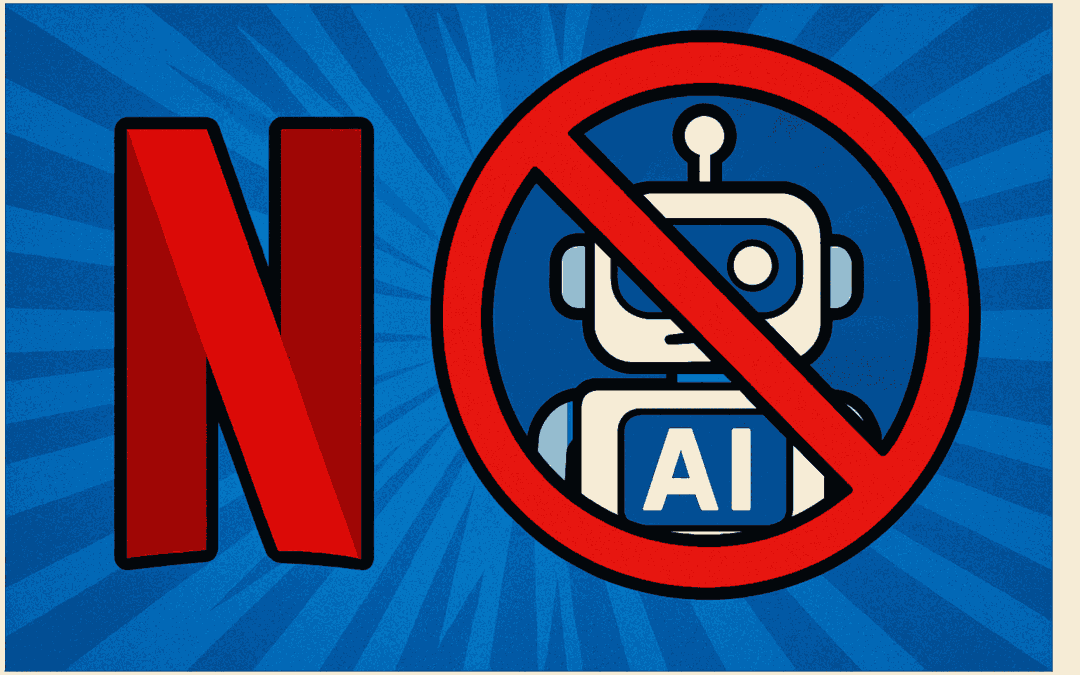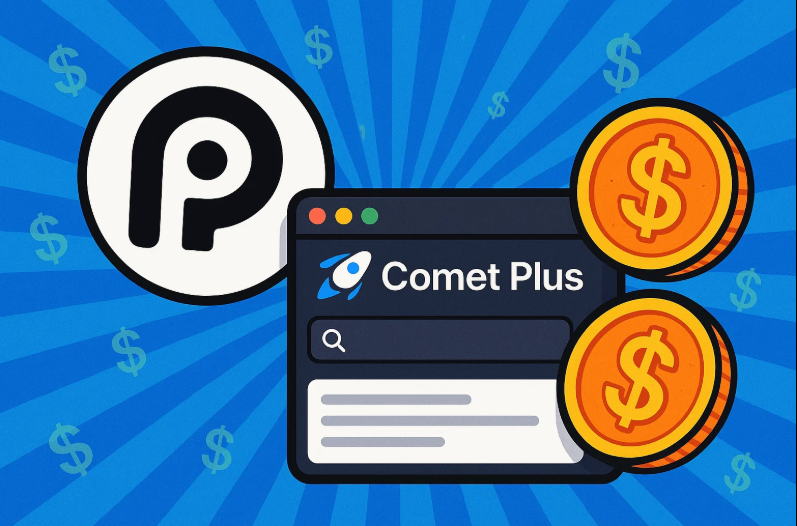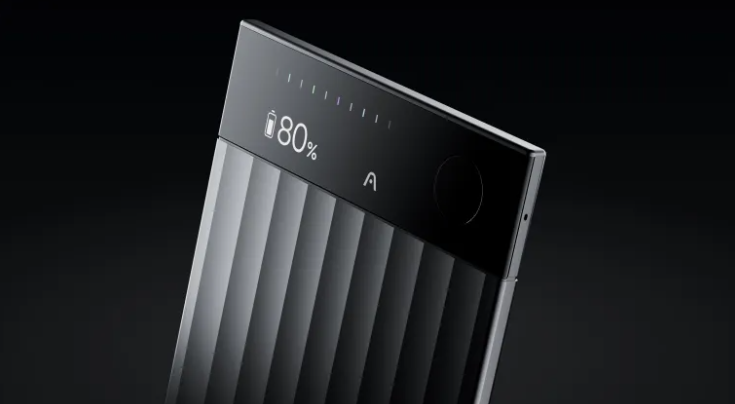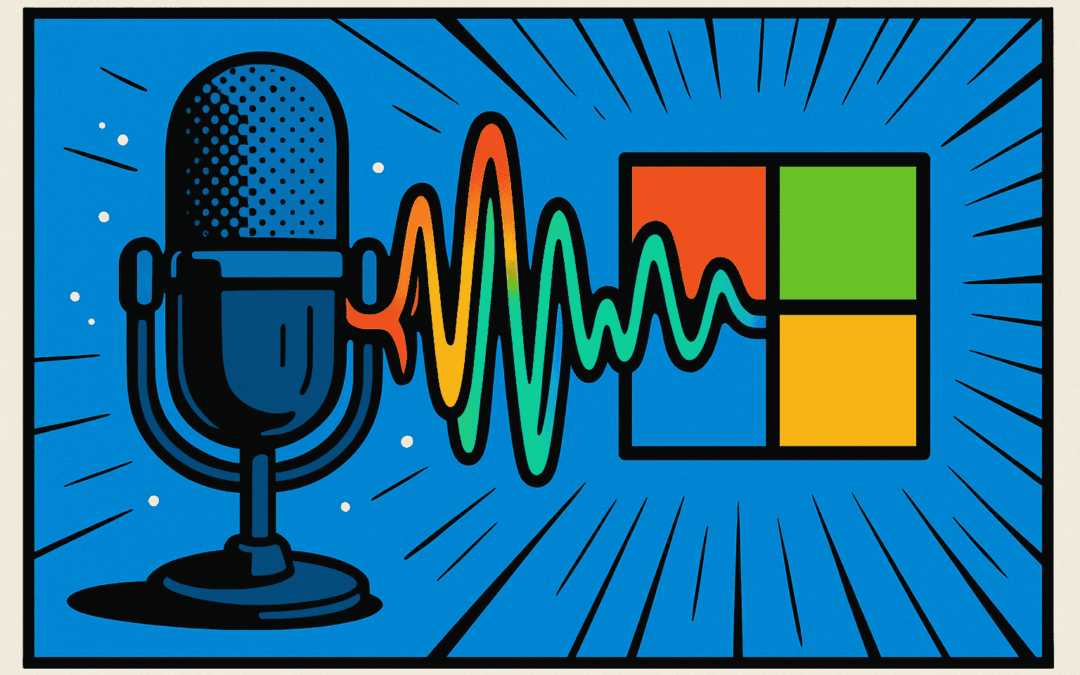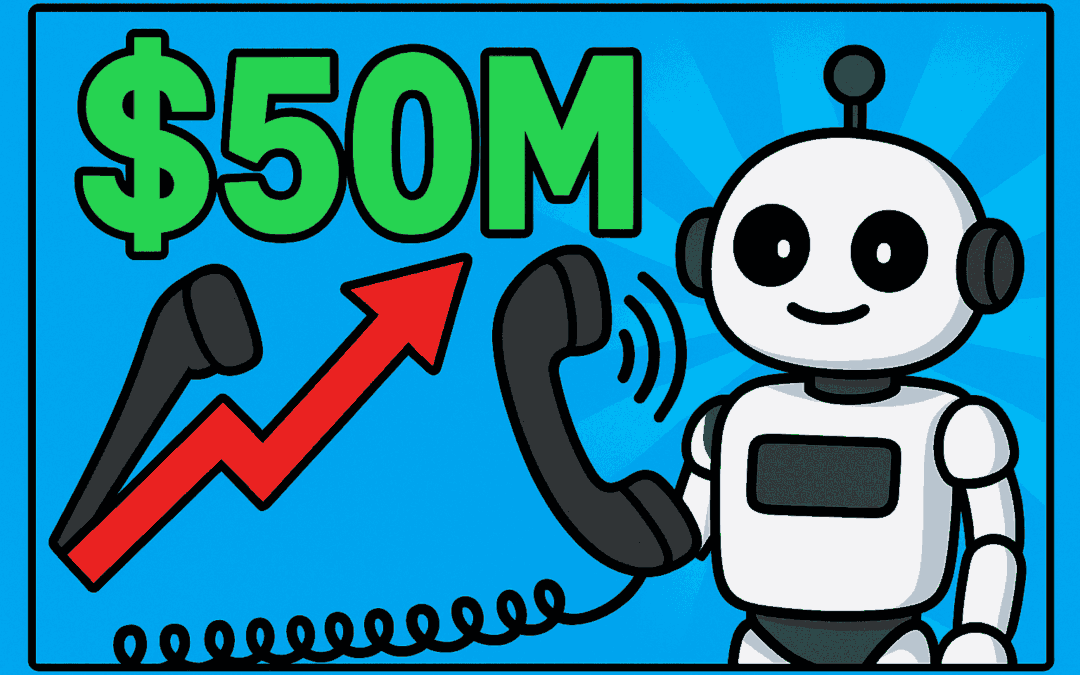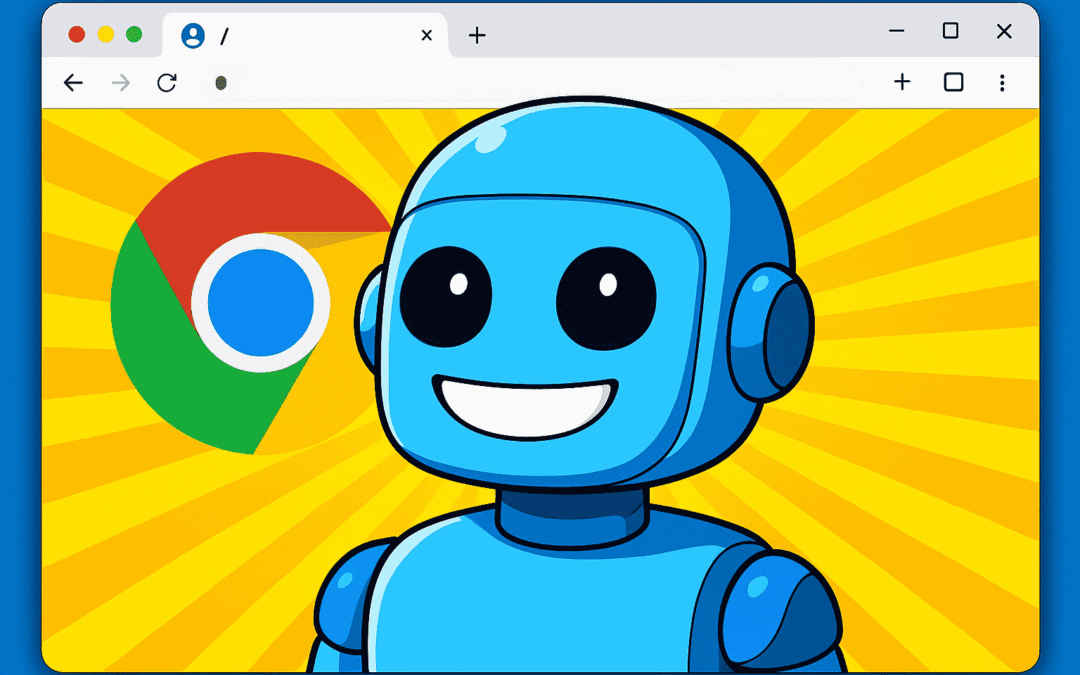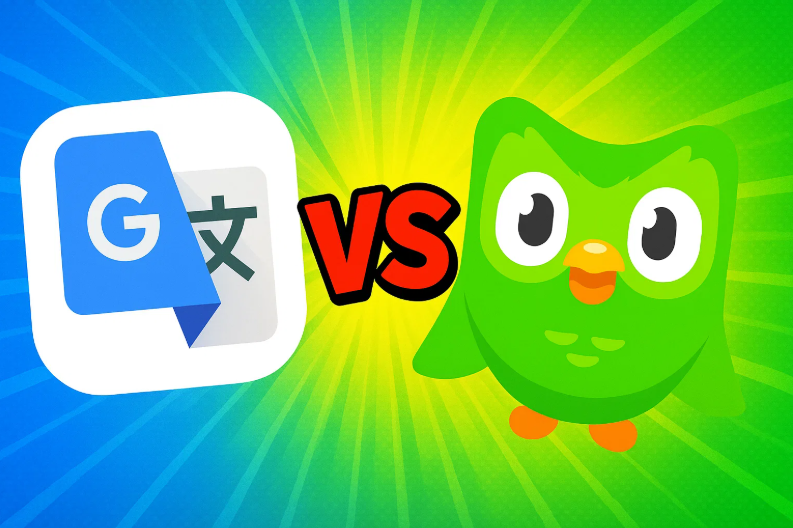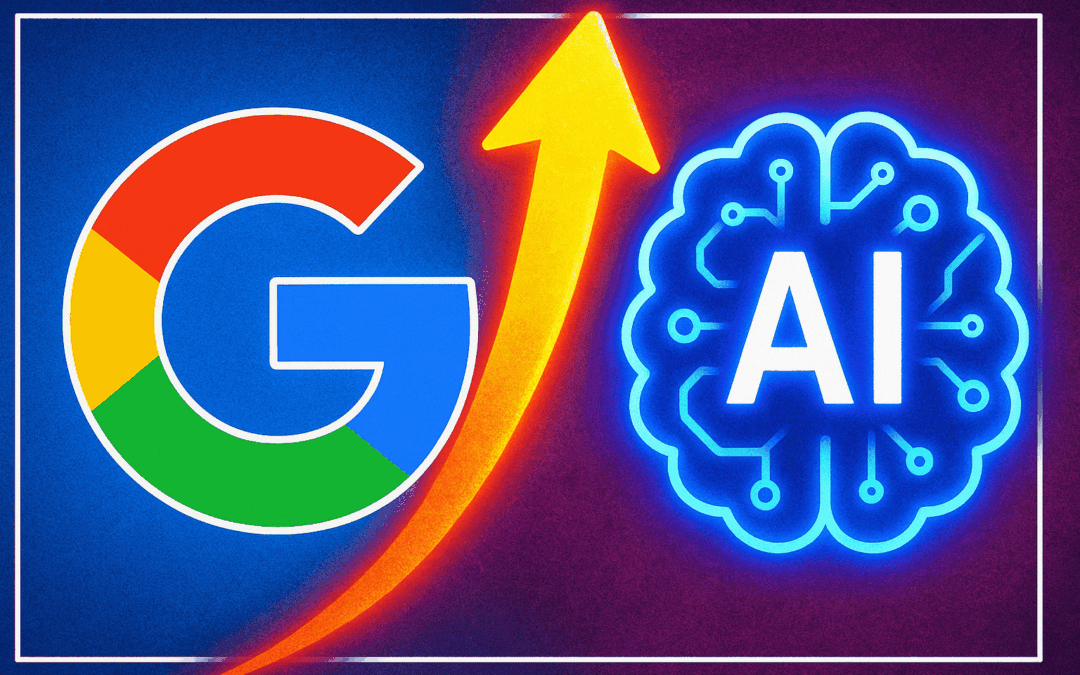The surge of specialized AI hardware continues to reshape productivity tools, exemplified by Plaud’s recent launch of the $179 Note Pro, an advanced AI-powered notetaker.
As generative AI transforms knowledge work, standalone devices like the Note Pro promise real-world impact for developers, startups, and professionals seeking seamless capture, transcription, and organization of information.
Key Takeaways
- Plaud introduces the Note Pro, a $179 standalone AI notetaker focused on accurate voice capture and real-time transcription.
- The device leverages powerful local LLMs, offering privacy and speed advantages over cloud-only solutions.
- Startup innovation in AI hardware reflects growing demand for purpose-built generative AI tools beyond smartphones and laptops.
- Early adoption may influence new developer APIs and integrations for AI-enhanced productivity workflows.
Plaud Note Pro: AI Hardware Tailored for Notetaking
Plaud, recognized for pushing consumer AI gadgets, has publicly launched its Note Pro—a purpose-built AI notetaker retailing for $179 (TechCrunch). Unlike phone apps that require constant cloud connectivity or drain battery life, the Note Pro operates as a dedicated companion, anchoring itself to both privacy and on-device performance.
AI hardware notetakers like Note Pro bridge the gap between artificial intelligence innovation and practical, everyday productivity challenges.
Features and Real-World Workflow Impact
The Note Pro distinguishes itself by embedding a local language model (LLM), which transcribes and summarizes conversations instantly without delegating sensitive audio to external servers. With a compact design, clip-on portability, and extended battery life, it caters to business meetings, lectures, and journalism alike.
A key advantage: developers and tech startups can access real-time, privacy-first voice data from an affordable device—opening new opportunities for integrations, plugins, and interconnected app ecosystems. According to CNBC, Plaud positions the Note Pro as both a standalone recorder and a smart integration point for digital workspaces.
Unlike generic smartphone apps, Note Pro’s hybrid AI approach future-proofs sensitive conversations and business use cases.
Implications for Developers and AI Stakeholders
This hardware launch signals a key shift: generative AI isn’t just about cloud APIs and browser UIs anymore. Developers must consider how local LLM-powered devices could disrupt legacy note-taking software, fuel demand for specialized APIs, or even catalyze new modes of workplace automation.
Startups focusing on productivity or knowledge management may now weigh the benefits of embedding their software into dedicated AI hardware.
Professionals and enterprises concerned with regulatory compliance, data residency, or operational latency will likely view dedicated AI note-taking hardware as a compelling alternative to cloud-dependent solutions, reducing exposure to data leaks or infrastructural downtime.
As more hardware startups emulate Plaud’s approach, expect a fast-growing AI edge device ecosystem.
Looking Ahead: Shaping AI-Enabled Workspaces
The Note Pro’s success—commercially and technically—could determine how quickly “AI first” hardware becomes standard issue in boardrooms, classrooms, and creative industries. If Plaud inspires robust developer tools or APIs for custom generative AI workflows on-device, new revenue models and user experience breakthroughs may soon follow.
The rise of dedicated generative AI hardware unlocks countless new options for secure, offline, and context-aware enterprise solutions.
Source: TechCrunch
